For this week’s book post I thought It’d be fun to write up a short and very personal ranking of my favorite prose fiction: not the best I’ve read necessarily, but my favorite for aesthetic, personal or spiritual reasons. This list is constantly mutating as I read new books-I added entries to it in February, May, and June. I may make this a yearly exercise-who knows. Tastes and opinions are all my own and opinions are subject to frequent change. Cheers!
10. Iris Murdoch: Under the Net
A midcentury picaresque amongst the philosophically-oriented smart set of 1950s London, Murdoch’s debut is a remarkable read, a book that changed my life even if it annoyed the hell out of me when I read it the first time.1 The philosopher’s hunt for truth or maybe coming-to-awareness-of the necessity of the hunt for truth dramatized as the adventures of a somewhat lazy and underemployed writer and the remnants of his social circle
9. Charles Dickens: David Copperfield (1850)
This may not be the right Dickens-I think the correct choice would be Bleak House, Little Dorrit, or one of the trilogy of shorter late-career works (Hard Times, A Tale of Two Cities, Great Expectations) but when I look back on what of his lengthy corpus I’ve read David Copperfield is the one that really sticks out. The most vivid comic characters, grotesques, the scenes that even now live vividly in my memory.
8. John Barth: The Sot-Weed Factor (1960)
Barth’s best novel, a ribald odyssey of shifting identity and experience that rollicks from the cafes of late 17thy century London to the tidewaters of colonial Maryland as the poet Ebenezer Cook strives at terrible cost to maintain his innocence against the myriad corruptions of the world and the machinations of the forces that surround him. Essentially an extended riff on the 18th-century English novel a la Sterne and especially Fielding, The Sot-Weed Factor is one of the two late-20th century efforts to bestow upon the United States the great colonial novel that we otherwise lack-revealing in the process that postmodernity and tradition are one, with the realist novel only an interval separating eras of bawdy artifice.
7. Don DeLillo: Underworld (1997)
The one that finally sold me on the Don after a long period of DeLillo-skepticism. Basically a series of interlocking novellas chronicling in reverse order the life of violent, troubled Bronx youth turned southwestern waste management executive Nick Shay and his (eventually adulterous) entanglement with kindhearted teacher Mr. Bronzini and his artist wife Klara Sax. Along the way DeLillo intersperses a mass of contemporary details, subplots, and memorable cameo glimpses at J. Edgar Hoover, Lenny Bruce, and assorted others. If this was all Underworld was, it wouldn’t be on the list (although it’d still probably be in the upper quartile of DeLillo’s output,) but the connecting intro and outro segments are incredible: the best writing I’ve ever seen from him and some of the best I’ve ever read, period.
6. Herman Melville: The Confidence-Man: His Masquerade (1857)
The last of Melville’s published novels, a strange, phantasmagoric and often very funny tale of an ambiguous figure-at times described sometimes almost as a messiah, sometimes in satanic terms, and in yet others as a simple swindler-as he roams in various guises amongst the passengers of a Mississippi ferryboat on April Fool’s day, attempting to extract some (usually financial) gesture of confidence from them. Bold, thought-provoking, bafflingly structured almost as a series of socratic dialogues, nothing else I’ve read in the American canon is quite like it.
5. James Baldwin: Giovanni’s Room (1956)
Maybe not Baldwin’s best novel, but the one that left the most impression on me, a beautiful and soul-crushingly depressing portrait of the closet and the gay underground in Paris in the 1950s. Go Tell it On the Mountain is probably more impressive as a performance, but I value books that kick me directly in the gut, and this one does like little else.
4. Djuna Barnes: Nightwood (1936)
A work of terrifying beauty and horrible genius. Lesbian, trans, queer and perhaps fascist, Barnes prose is some of the finst you’ll ever read, perhaps the apex of the American novel as “weird symbolic prose-poem” to steal something John Pistelli said about another book on my list.
Do you think, for Christ’s sweet sake,” he shouted suddenly, “that I am so happy that you should cry down my neck? Do you think there is no lament in this world, but your own? Is there not a forbearing saint somewhere? Is there no bread that does not come proffered with bitter butter?
3. Toni Morrison: Paradise (1997)
An earlier iteration of this list would have given Jazz pride of place, but Paradise is by far the better book, Morrison’s diaspora-gnostic apocalypse narrative in rural Oklahoma. Probably the most universal of Morrison’s major works, the novel chronicles the mid-70’s crisis of the titular community of extremely dark-skinned black people, a town that in thinking it could escape the evils of the outside world wound up simply replicating them, visiting upon their women and outsiders what was once visited upon them. The place between the magical realist almost-racial essentialism of the early and middle work and the haunted, seeking moralism of the late. One of the great American novels of the last century.
2. Jorge Luis Borges: Stories
Essential reading, stories about time, recursion, and the nature of creation itself, whether fictional or otherwise. Overlap with horror, speculative fiction, and theology. Words fail, which Borges I’m sure would find appropriate.
1. Clarice Lispector: The Passion According to G.H. (1964)
“Not literature, but witchcraft” is the familiar cliché about Clarice Lispector, but The Passion According to G.H. is surely something other than witchcraft, something more like mysticism or the returning-to-unity of neoplatonism. A few hours in the life of a wealthy Rio sculptress who experiences a religious experience of “interdepending” after crushing a cockroach, delivered as one unforgettable monologue. I read it in four hours while everyone else was asleep on New Years Eve morning after a night drinking absinthe and celebrating a new job, tears streaming down my cheeks throughout.
A little too much “I studied with Wittgenstein you know” type stuff, the 1950s version of this metropolitan winking-at-who-I-know-and-the-adventures-I’ve-had-in-the-scene thing that annoys me basically no matter who is doing it.

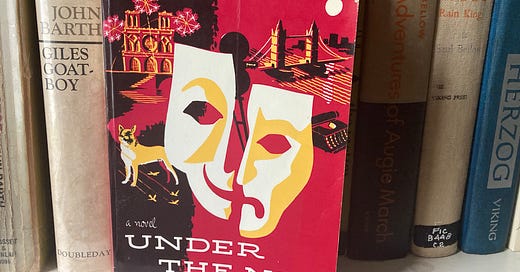



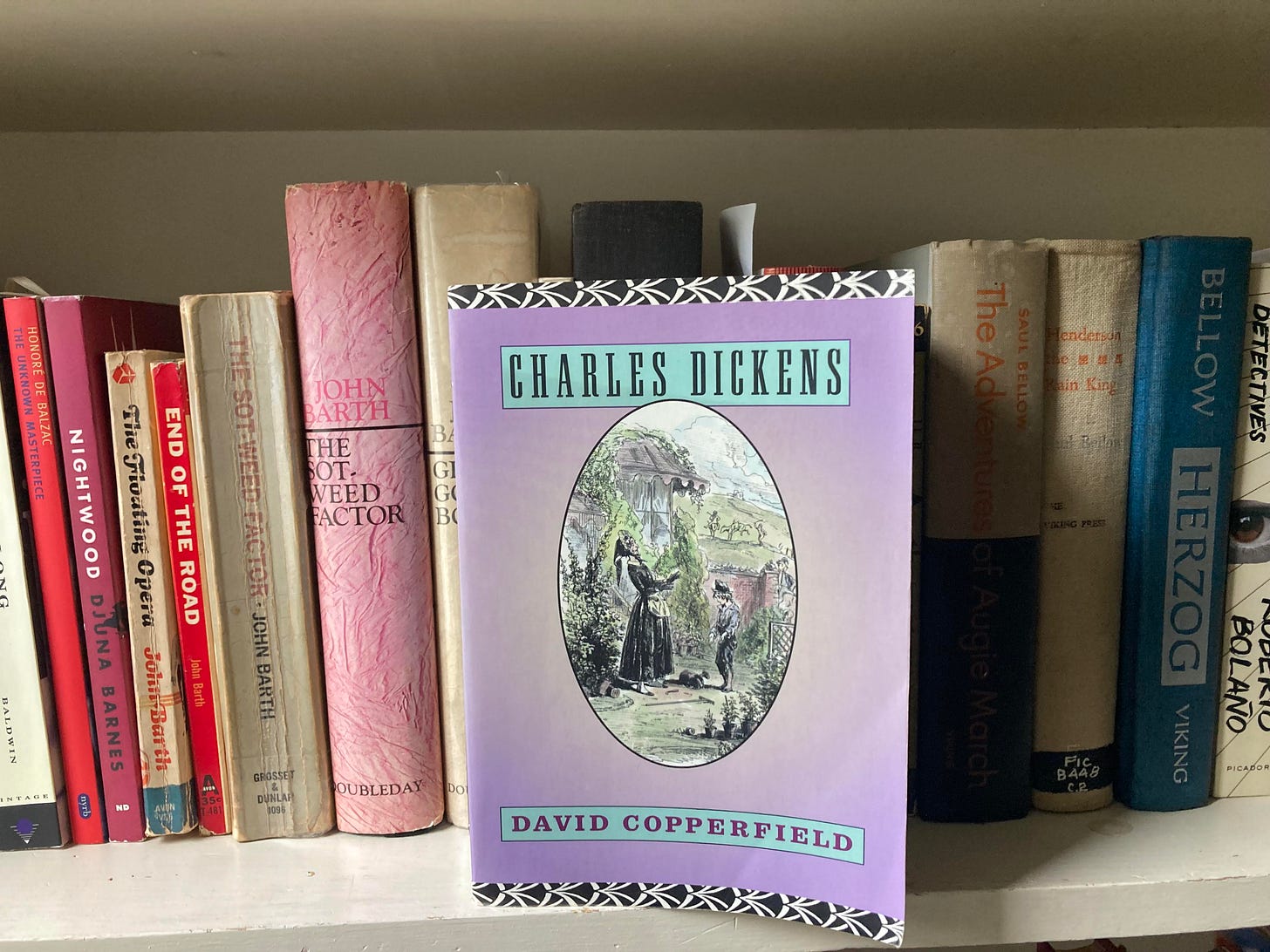
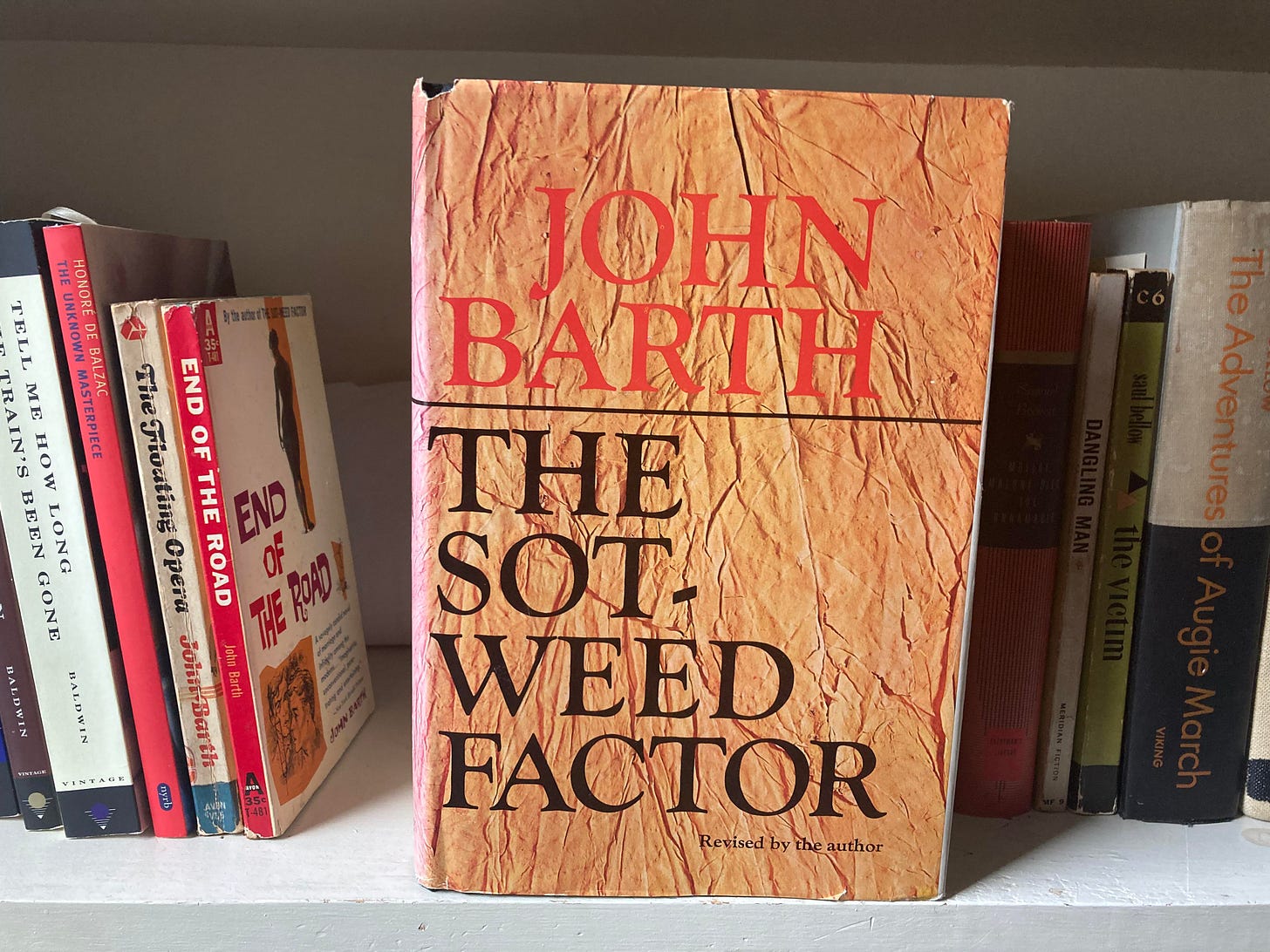
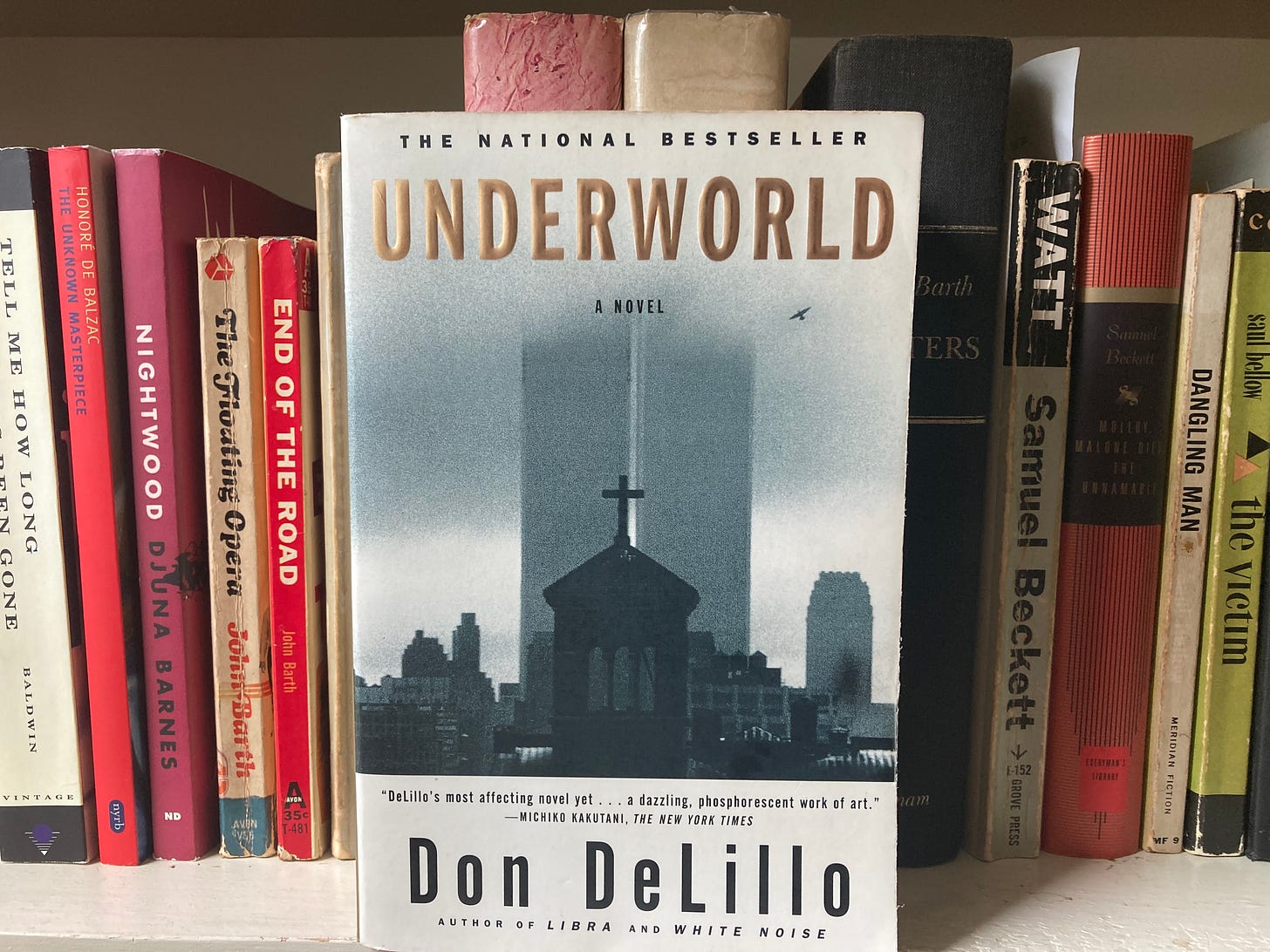
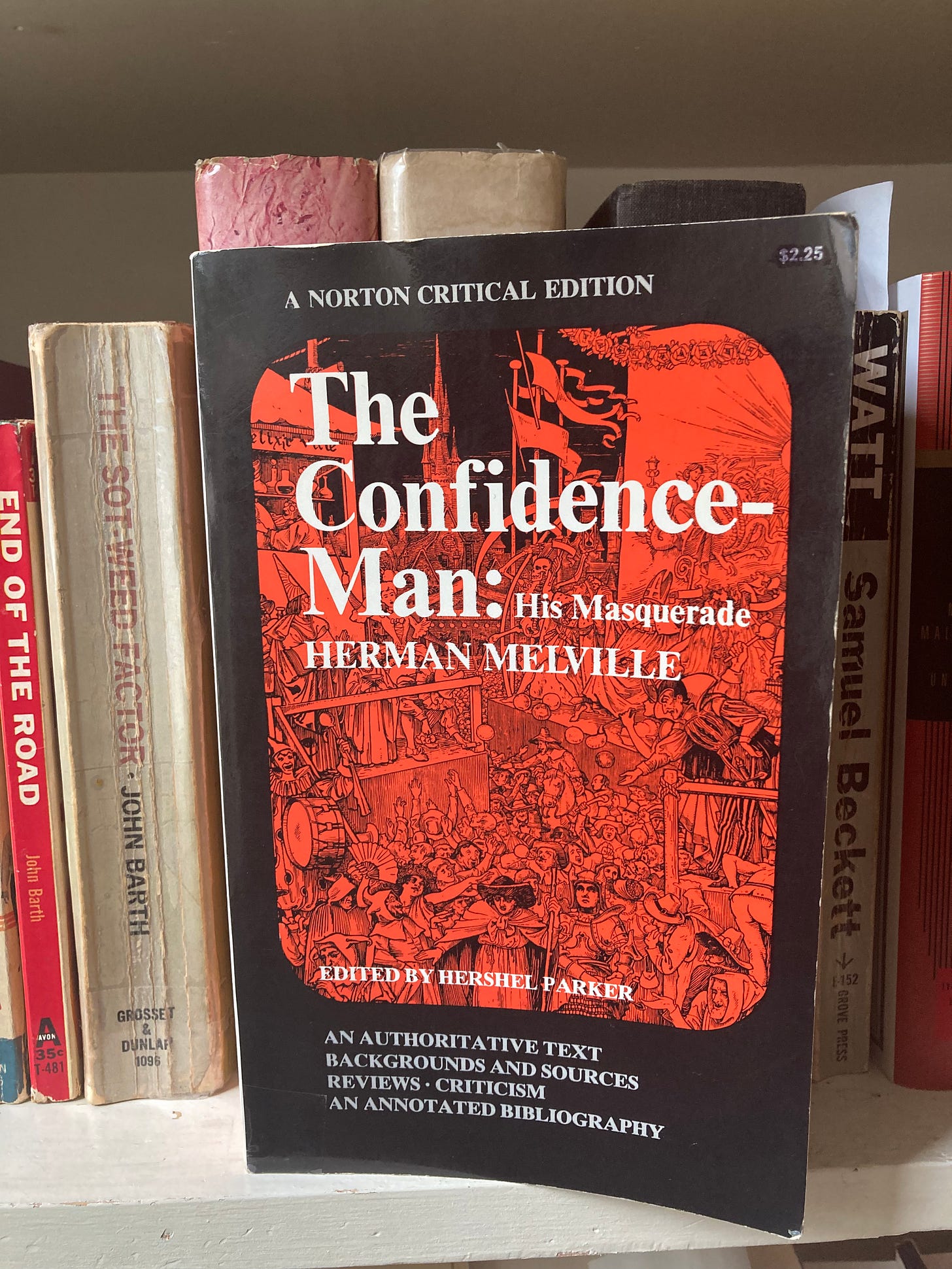
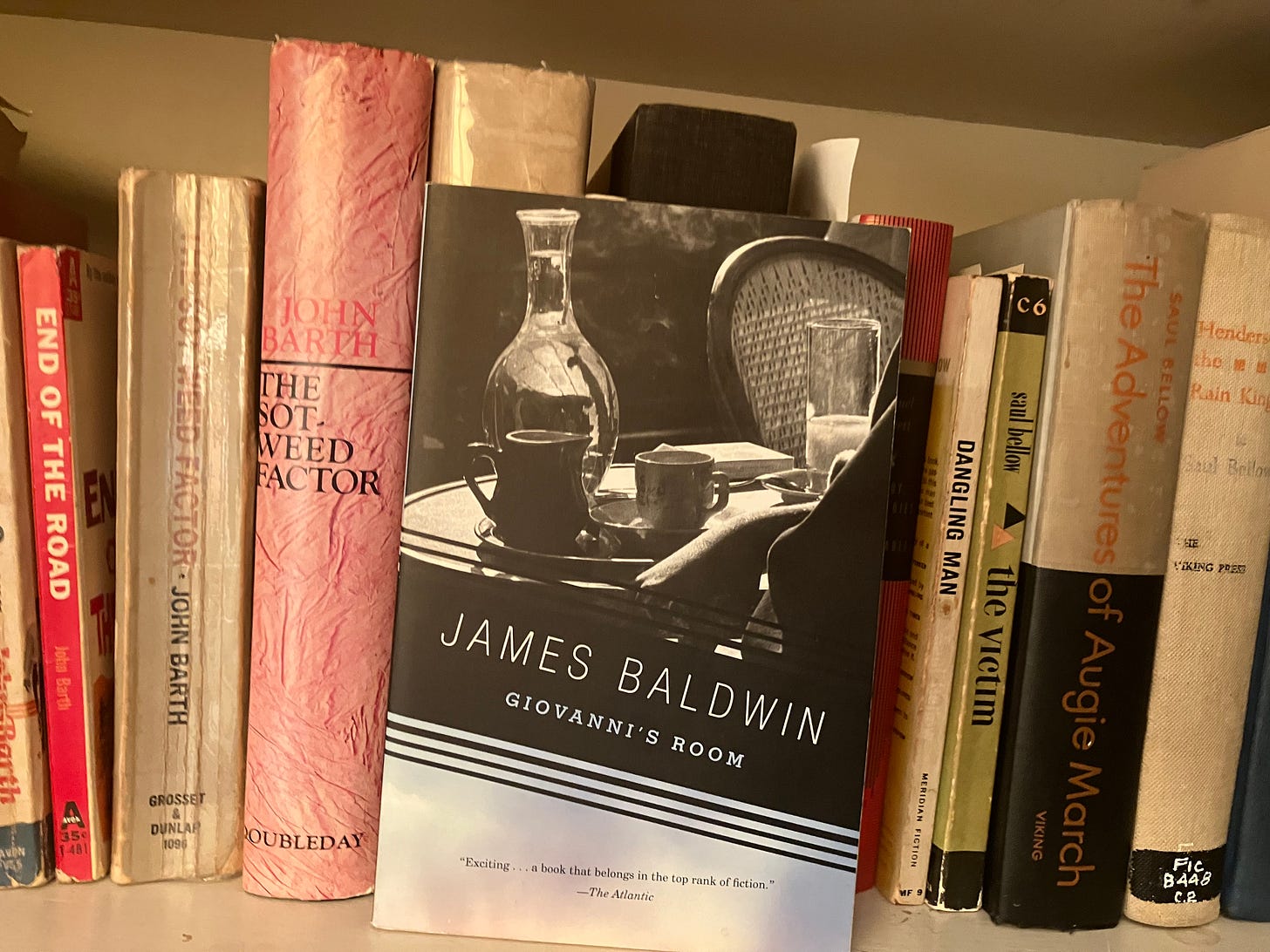
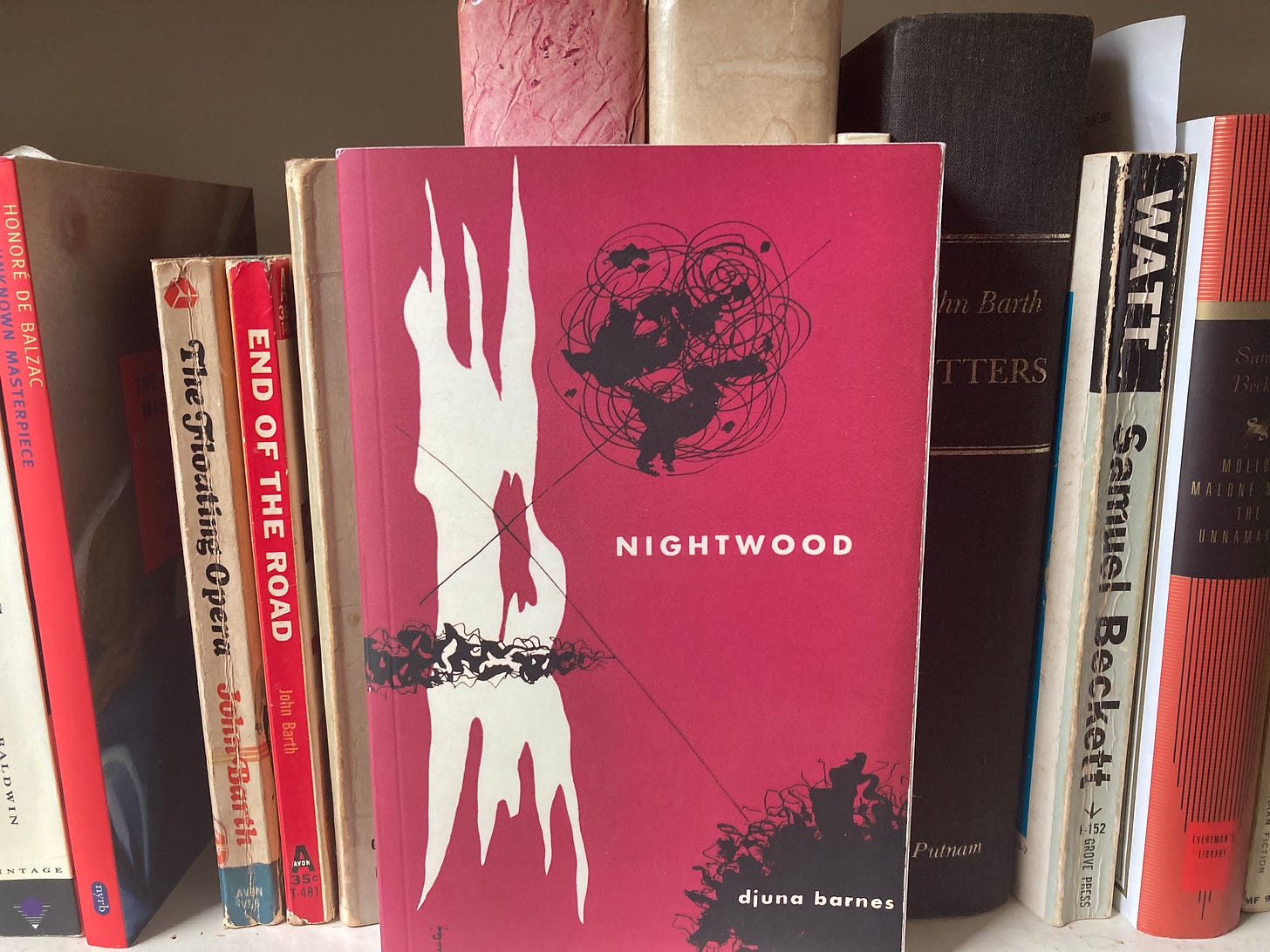
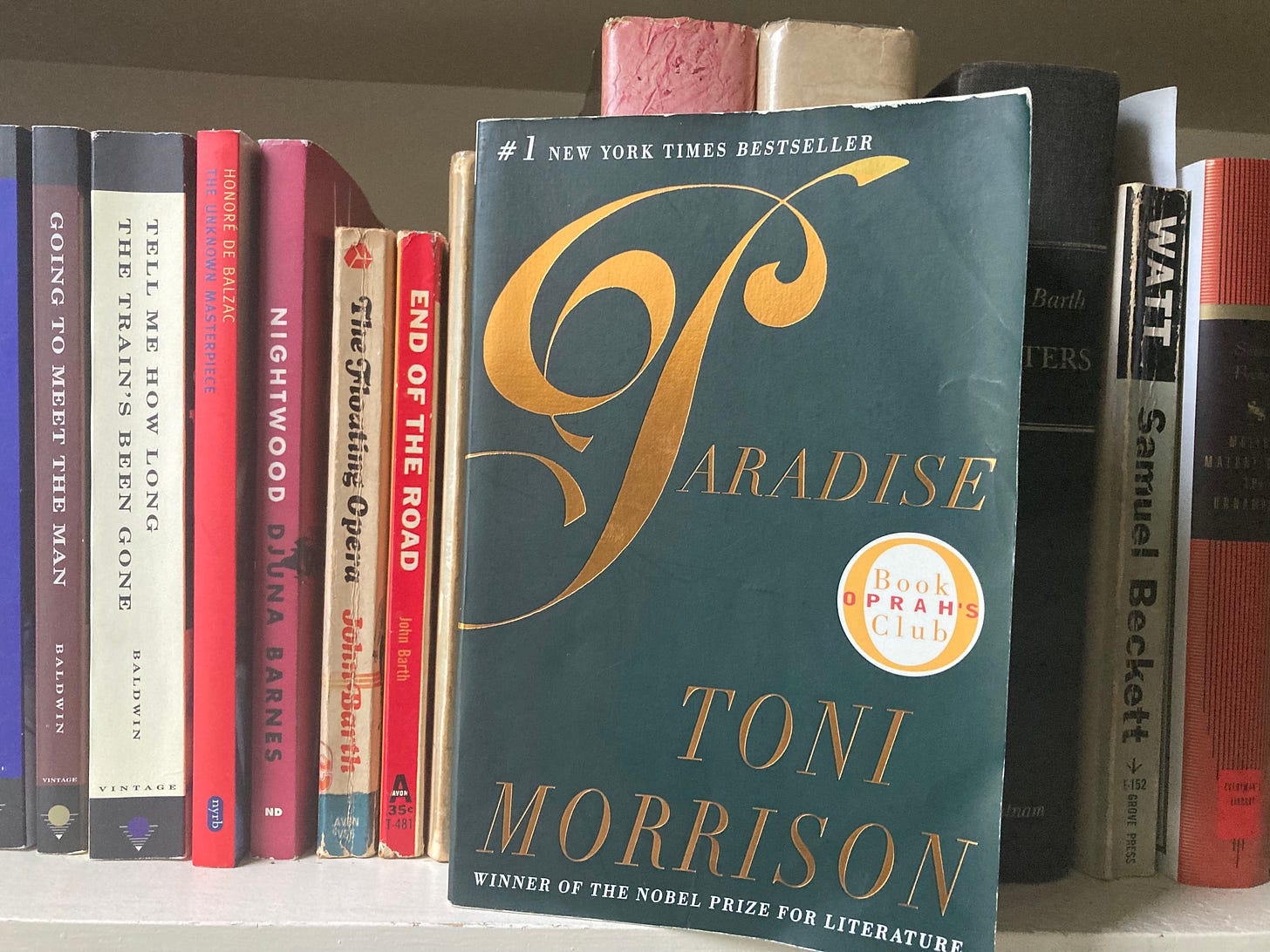
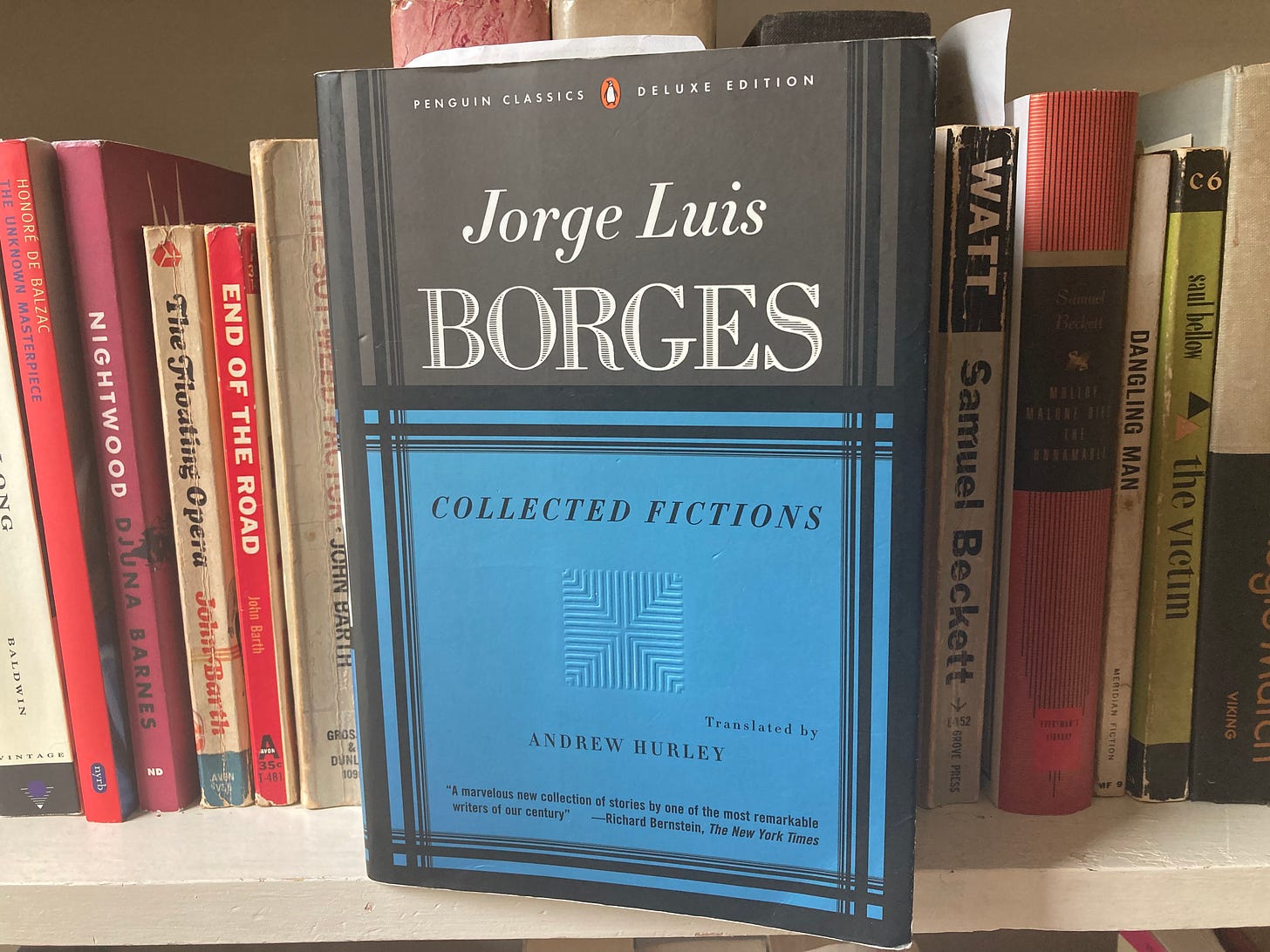
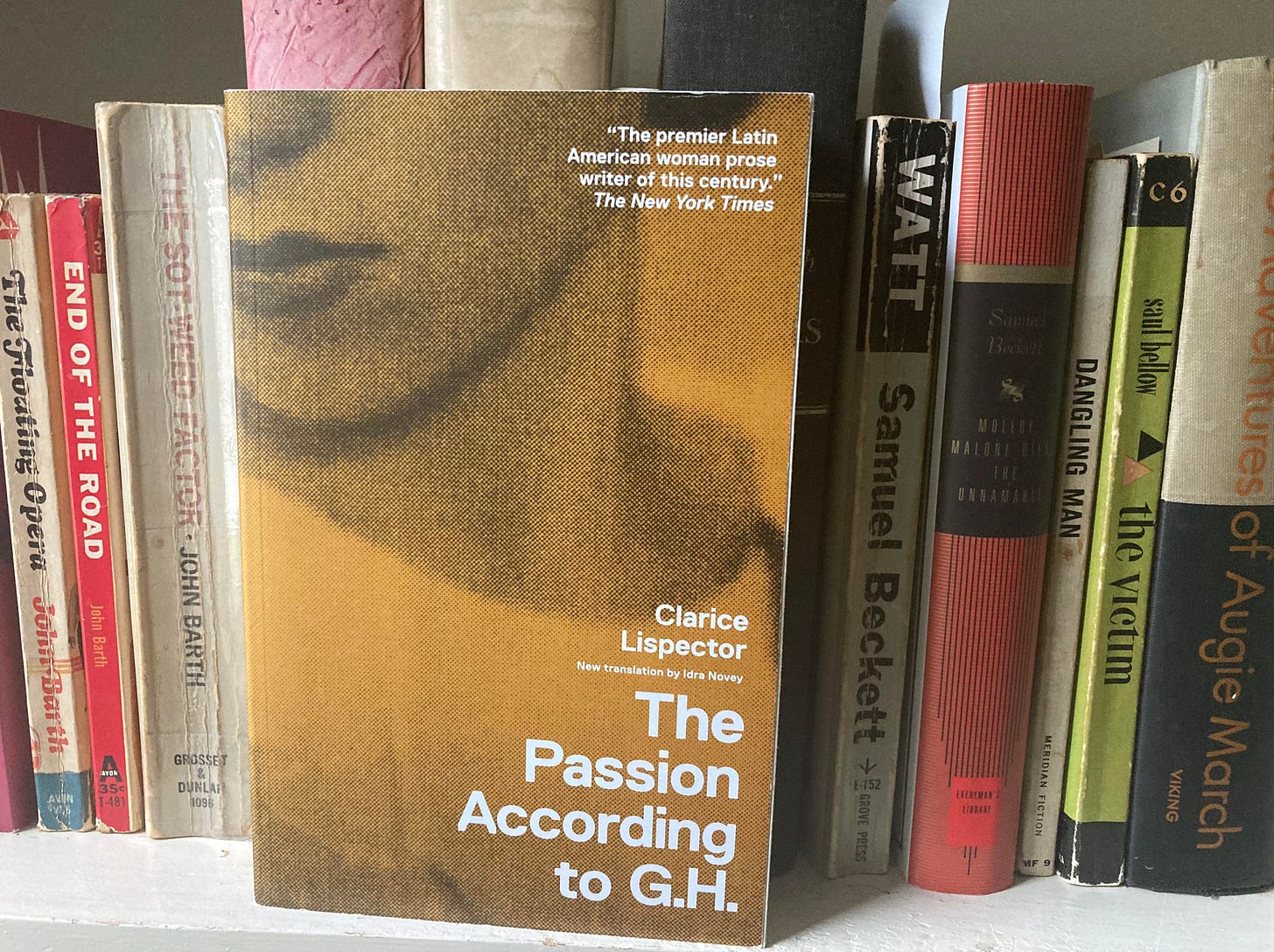
Wow! There is no overlap between your list and mine :) That being said Copperfield is the clearly the best dickens. Just say no to little dorrit. And Bleak House is more ornate, but has fewer memorable characters